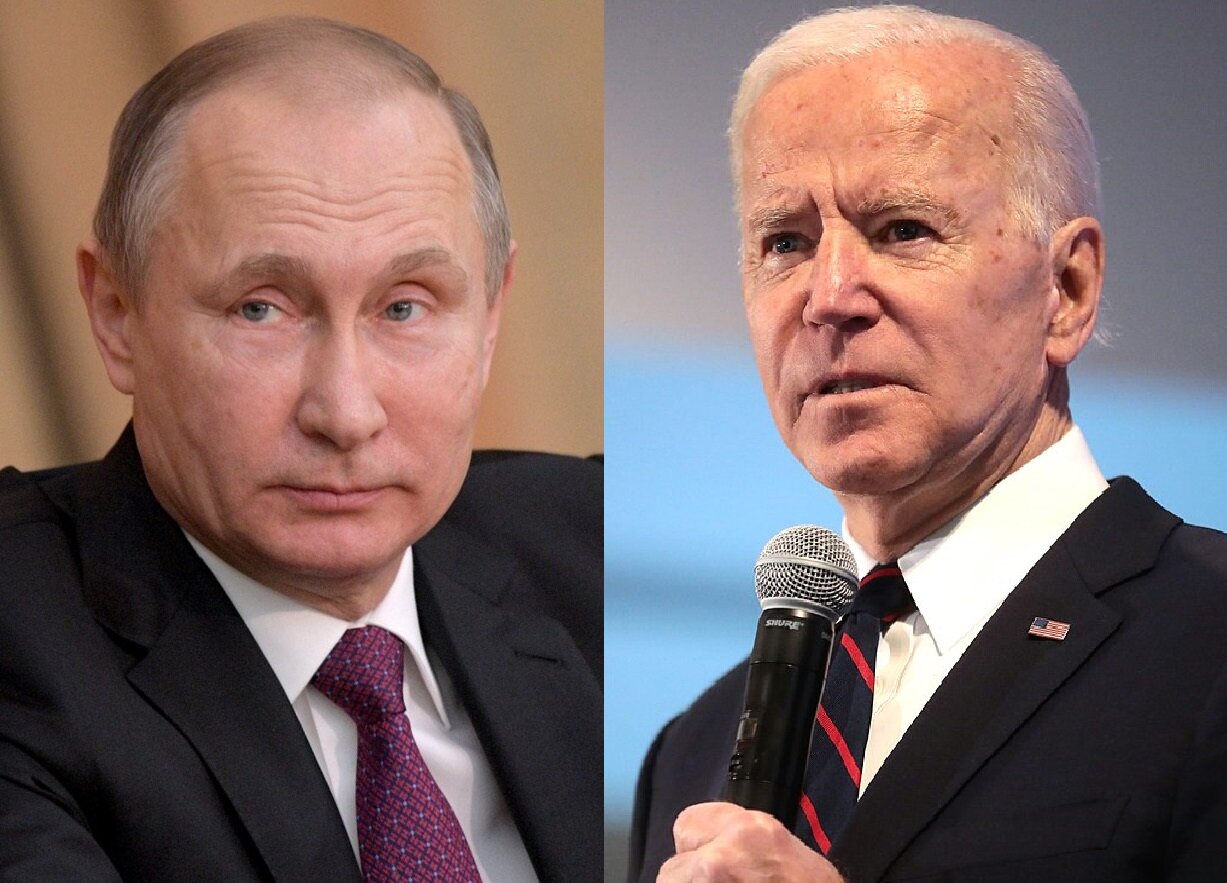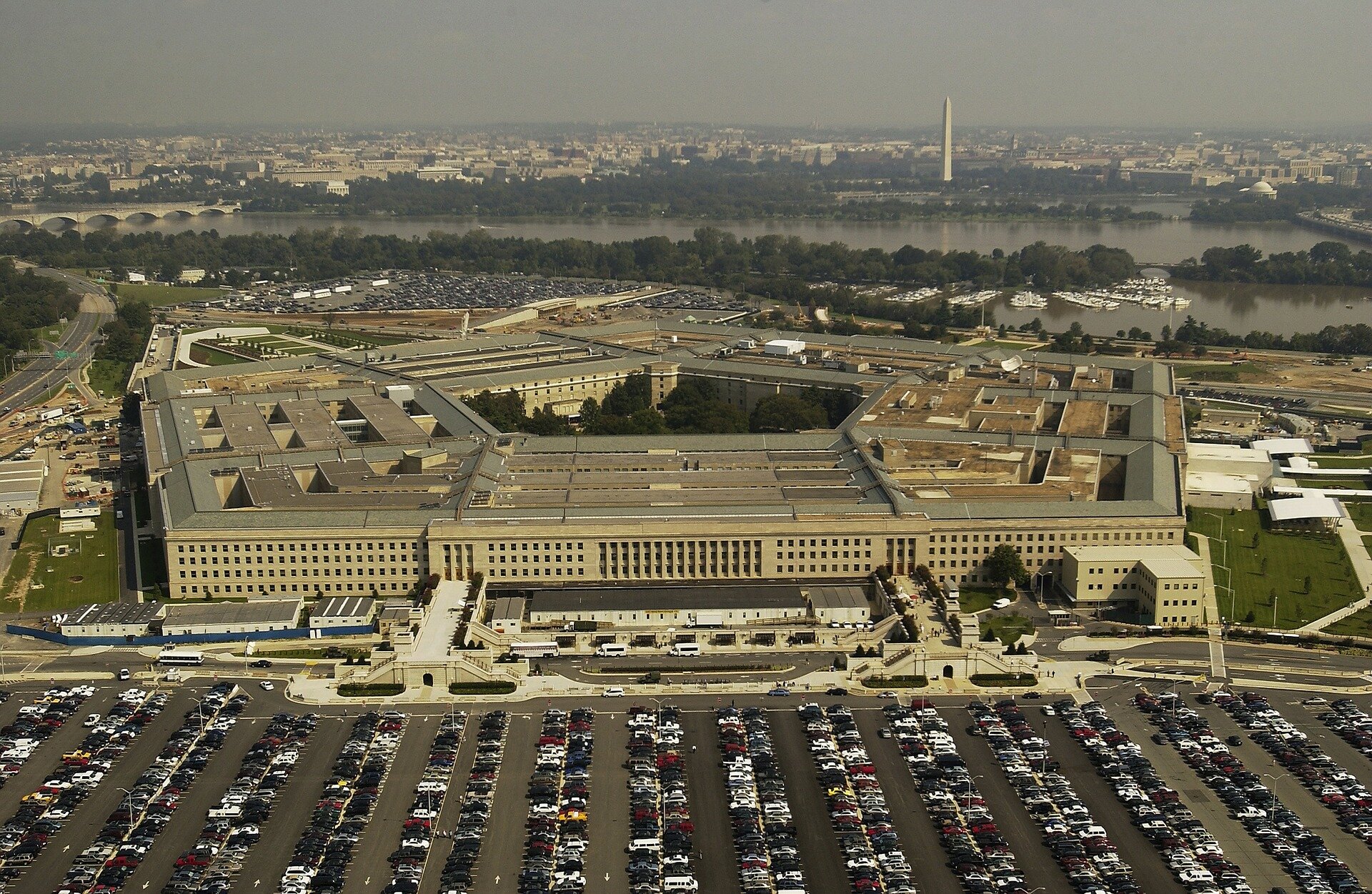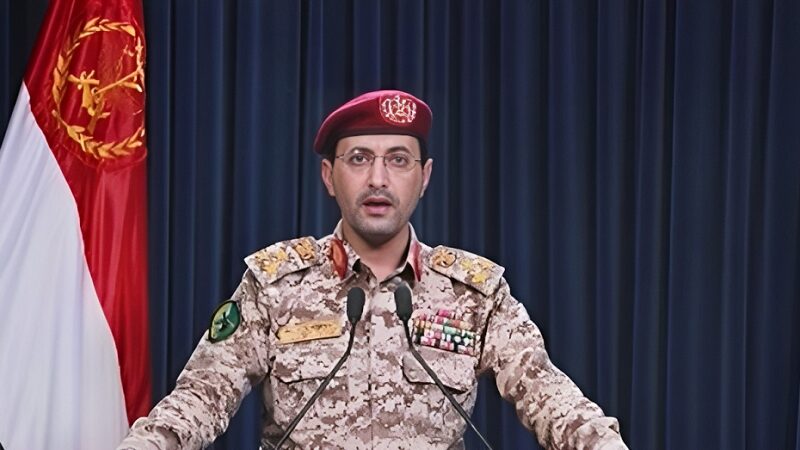PICTURED: Presidents Biden and Putin. Photo credit: Gage Skidmore/kremlin.ru CC 2.0. and CC 4.0.
WASHINGTON D.C. January 26th, 2020. In statements released from the offices of Presidents Joe Biden and Vladimir Putin, New START (Strategic Arms Reduction Treaty) will be extended in its current form for 5 years, giving the heads of state time to discuss renewal terms.
Nine days from now, the last constraint on the number of nuclear warheads, bombers, launchers, and ICBMs possessed by the United States and the Russian Federation would have dissolved had the two men not shared a phone call to discuss the treaty.
“They discussed both countries’ willingness to extend New START for five years, agreeing to have their teams work urgently to complete the extension by February 5,” reads a statement on the White House website, while Russia’s Tass News, reported that the “sides will finalize, within days, procedures needed to ensure further functioning of this major international mechanism of reciprocal limitation of nuclear missile arsenals”.
After former-President Trump withdrew from both the International Treaty on Open Skies, and the Intermediate-Range Nuclear Forces Treaty, New START, which he also seemed content to let run down, is currently the only piece of international legislation that would prevent a new arms buildup between the most armed nuclear powers on Earth.
It barred each nation from having more than 1,550 deployed nuclear warheads across their arsenal of ICBMS, submarines, and strategic bombers.
Biden’s statement regarding the phone call added that the two men “also agreed to explore strategic stability discussions on a range of arms control and emerging security issues”.
A new New Start
By most accounts, the most important job a president has on either side is maintaining an amicable relationship with the other party.
President Trump’s team wanted to add on other conditions which Moscow rejected, including a major push to involve China in the agreement. Russia wasn’t interested, and Beijing dismissed the demands, claiming the only chance the other two nations had to see Xi Jinping’s signature on the treaty was for them to reduce their arsenals down to those maintained by China, which estimates place at around 300 deployed warheads.
Reporting on failed negotiations between the U.S. and Russia, Politico spoke on conditions of anonymity last October with several GOP sources advising policy on the situation.
They alleged that Trump’s chief arms negotiator Marshall Billingslea had delivered a threat to Russian counterparts regarding the conversion of conventionally-armed submarines back into nuclear submarines which occurred at the onset of the treaty’s activation in 2011, and which would happen if the Russians stalled negotiations until after the November elections.
“It’s a clear signal that the costs for not negotiating before the election are going to go up,” said one of the sources. “The Trump administration is ‘trying to create an incentive,’ and it’s a real incentive, for the Russians to sit down and actually negotiate”.
The trio of unnamed officials described it as “very stupid,” and said the chance of success of the plan was “about nil”.
“It makes absolutely no sense to threaten to upload. It becomes a valid leveraging point only if the other side can’t do it. The Russians can do it, too,” said one GOP source who spoke on conditions of anonymity being that he still advises current policy makers.



